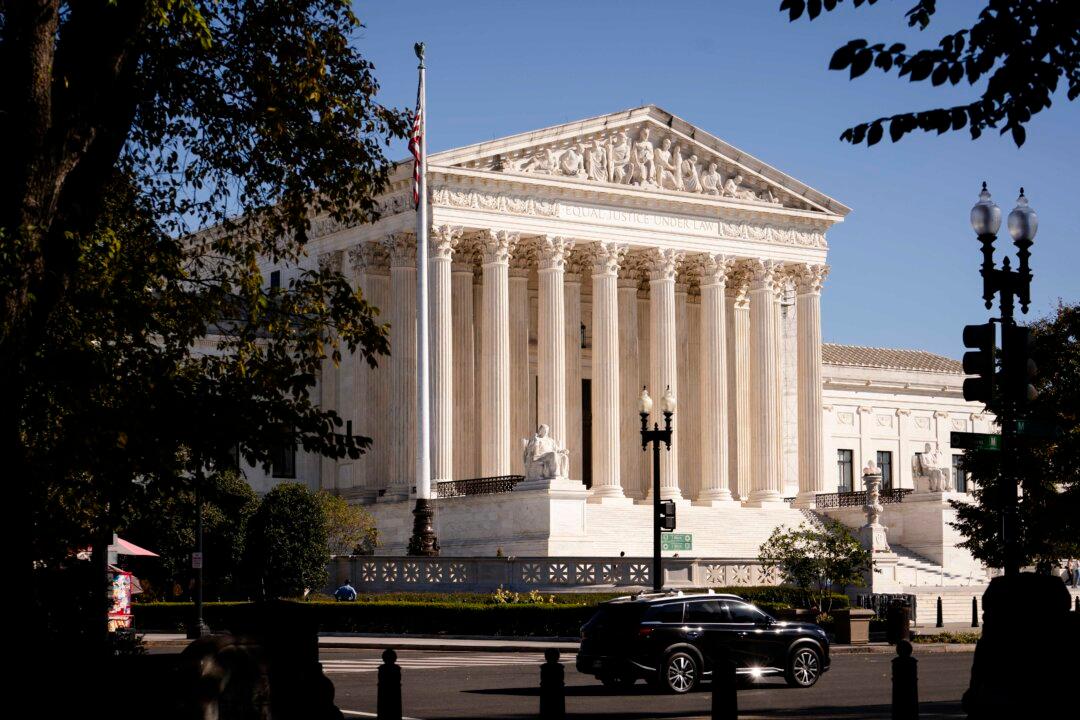The Supreme Court has sidestepped a challenge to a federal law prohibiting felons from possessing firearms.
Instead of scheduling oral argument in the case filed by Lorenzo Garod Pierre, on Oct. 21, the court granted the petition and immediately overturned the U.S. Court of Appeals for the 11th Circuit ruling that Pierre was appealing.





